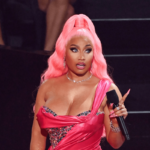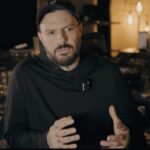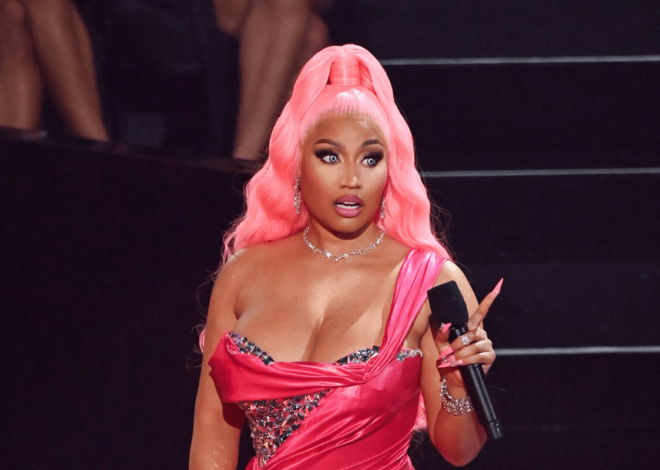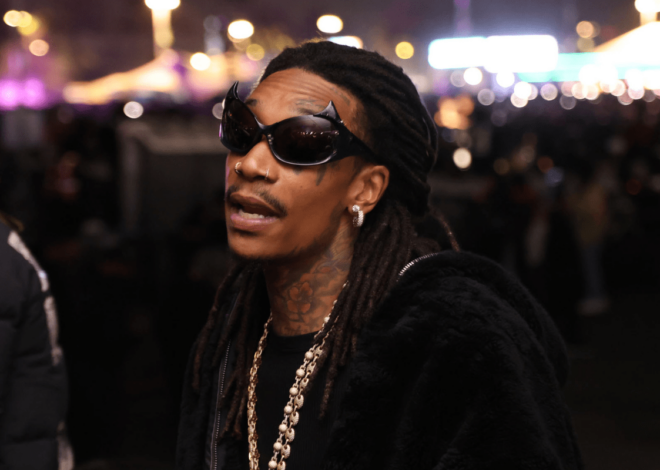
Diddy Says Doctor Who Sided With Amber Heard Can’t Be Trusted
Sean “Diddy” Combs wants the government’s key witness kicked off the stand—and he’s not mincing words.
In a scathing motion filed in federal court, Diddy’s legal team is moving to block Dr. Dawn Hughes, a forensic clinical psychologist, from testifying for the prosecution.
They say she’s not bringing facts—just opinion, spin, and recycled scripts.
According to the 25-page filing, Hughes plans to speak broadly about “coercive control,” a term prosecutors often use in domestic abuse and trafficking cases.
She’s expected to outline patterns of behavior that some abusers allegedly use to dominate their victims.
But Diddy’s legal team says she’s walking into the courtroom with “no knowledge of the actual facts in this case.”
“in this case, Hughes has apparently not interviewed the alleged victims at all, much less engaged in the sort of psychological diagnostics that her profession demands,” Diddy’s lawyer, Alexandra A.E. Shapiro, fumed. “As a result, she offers unadorned opinions that can explain the accusers’ behavior—even though she has made no effort to exclude alternate explanations.”
In other words, they say, she’s building a narrative—not offering expert analysis.
Diddy’s lawyers are demanding that the judge block Hughes from testifying entirely. They accuse her of being a professional witness who trots out the same talking points in trial after trial.
“The government wants an expert so that it can waive her testimony in summation like a magic wand to cure the glaring defects in its fact witnesses’ credibility,” Shapiro said. “This will be a continuing refrain—’ as Dr. Hughes told you … as Dr. Hughes explained’—and it will be highly effective. But this is not a proper use of expert testimony and it will not help the jury discover the truth.”
Shapiro argued that Hughes’ testimony has little to do with actual science and everything to do with painting Diddy as a violent, controlling man before a single witness takes the stand.
The defense is particularly concerned about Hughes’ expected use of the term “coercive control,” a phrase they say has no widely accepted definition in legal or scientific circles.
They argue it will prejudice jurors by casting Diddy’s alleged actions as part of a larger, sinister pattern—before any evidence is presented.
“The evidence in this case will show, for example, that Combs financially supported his girlfriends. That does not count as coercion under the legal definition, but it would count under Hughes’s definition,” Shapiro continued. “Suppose the evidence shows that after a fight, Combs apologized, expressed love, and bought his girlfriend a gift. That would not count as coercion under the legal definition, but it would count under Hughes’s definition.”
Diddy’s lawyers accuse the prosecution of using Hughes as a backdoor way to suggest guilt.
By laying out a generalized pattern of abuser behavior, they say the government hopes jurors will connect the dots themselves.
The defense also noted that Hughes has testified in other high-profile cases, often for the prosecution.
Her previous appearances include the sexual assault trials of Harvey Weinstein, Johnny Depp and Danny Masterson. They suggest that her presence on the stand signals less about truth and more about emotional influence.
Dr. Hughes is expected to explain the psychology of abuse victims: how they can delay reporting, maintain contact with their abuser, or even protect them from legal consequences.
In the government’s view, this testimony helps jurors understand behavior that may seem confusing or contradictory. But Diddy’s camp says that argument falls flat here.
Combs is facing federal charges, including sex trafficking, racketeering, and transportation for illegal sexual activity.
The government claims he led a years-long criminal enterprise that used manipulation, money, and fear to control victims.
He has pleaded not guilty to all charges. Diddy’s trial is set to kick off on May 5.








